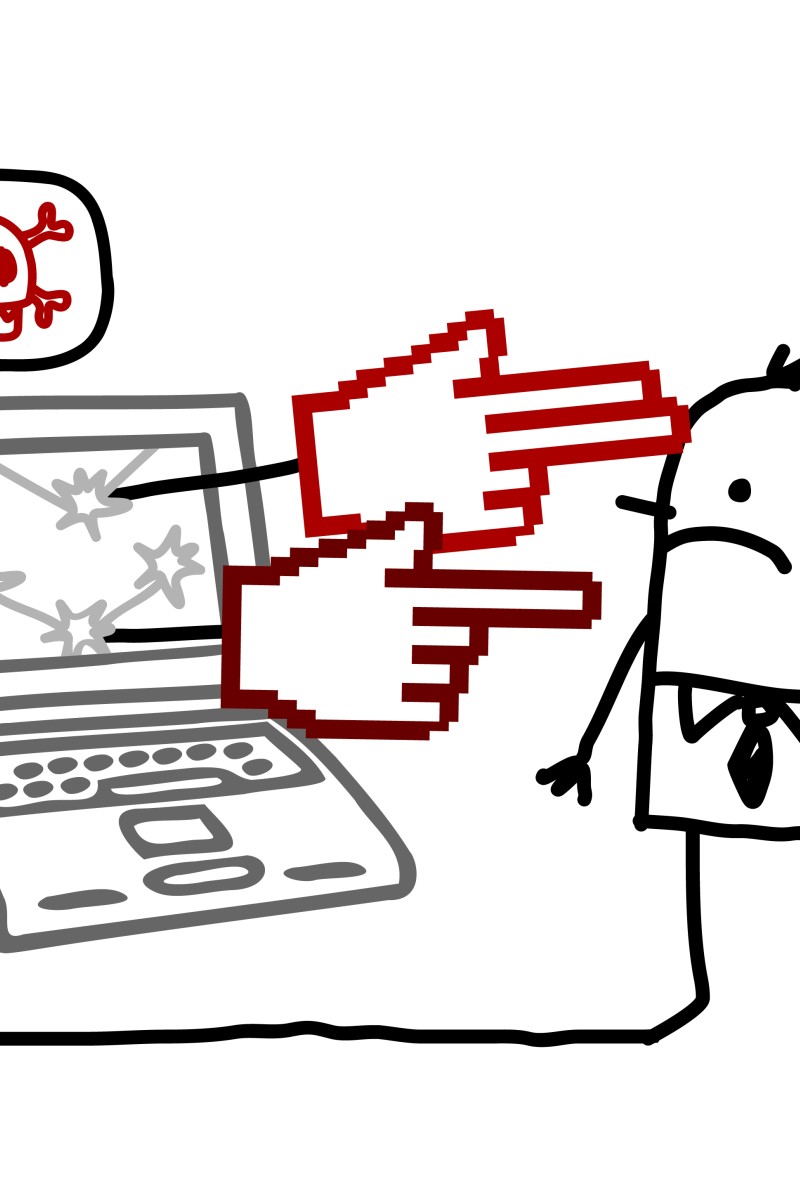
Just shake it off." "Rise above it." "It's just words." "Man up."
Teenage boys across the world have all heard these phrases. Boys are often expected to deal with their problems without complaint, to be tough and not to show weakness.
When it comes to issues that can have a serious effect, like cyberbullying, this approach needs to change.
Dr Parry Aftab sees it all the time. "Boys are facing a lot and they don't get any credit," she says. "Boys rarely get support."
Aftab has been a leader in fighting cyberbullying and promoting support and online protection for more than 20 years.
She is one of five members of Facebook's Safety Advisory Board, she consults for Google, advises MTV and has set up teen support and cyber bullying experts across the globe.
Her Teen Angels - a team of students trained to deal with cyberbullying issues - have appeared on TV interviews and even at the United Nations.
Despite all the attention cyberbullying is getting, Aftab says something is missing.
She says despite cyberbullying being an issue that gets discussed often, boys being victims is often overlooked.
She says that because much of the cyberbullying directed at boys happens in games, many so-called experts don't see it, or believe it exists.
This cyberbullying blind spot means many of the victims fall through the cracks, or feel they won't be supported if they admit what's happening.
At a recent talk with students at Yew Chung International School (YCIS), Aftab saw some big differences in how boys look for support. "More boys said they wouldn't tell their parents about being cyberbullied than girls," says the American lawyer.
Boys' reluctance to tell their parents or seek support may come from the ways they face attacks online. "They call it 'griefing'," explains Aftab, referring to the verbal abuse common in online multiplayer games, where players attack and insult one another.
Because the abuse happens in games, Aftab says it's more easily dismissed by outsiders.
"Griefing is something faced by many, but nobody cares," she says. "People don't understand the difference between playing a game strategically to destroy somebody, and targeting them just because you're mean."
Aftab says that these attacks and insults aren't just part of the game: it's cyberbullying.
Game-based attacks take a different form to real-life bullying or even cyberbullying in other areas.
"One of the most common attacks [in person] is 'You're gay'," says Aftab. But not in games. "It's 'You should die, you're a terrible gamer, you're a loser'. And they'll find anything they can to use as an attack."
And boys don't just face verbal attacks in games. "They'll get you thrown off the game by pretending to be you, or reporting you," Aftab says, explaining how hackers get into accounts and deliberately break the game's rules in order to get the victim blocked or banned from playing.
When these attacks occur, Aftab says boys often feel trapped and are unable to tell anyone.
"They can't explain to anyone," she says. "If they explain it to their parents, their parents aren't going to let them game."
Aftab often sees boys withdrawing into themselves when they're not getting the support they need. This can have a serious impact on both their personal confidence and their social lives.
"They get offline, they stop playing games, they hide online, they shut down accounts," she says.
There are better ways for boys to deal with cyberbullying - and games themselves offer solutions.
Some games, she says, are good at policing bullying and respond to reports, something that is always an option if you're attacked or griefed in a game.
Another option, says Aftab, is to find safety in numbers. "Sometimes [victims] create groups to counter it," she says. "So they might get some of their good gamer friends in, or they won't play unless they know they're among friends."
It can be a good idea to have allies against attacks, but Aftab says the worst thing to do is engage with griefers.
"That's doing exactly what your cyberbully wants you to do," she warns.
"You learn the hard way that it only gets worse."
Aftab hopes that with more awareness, boys will feel more comfortable seeking support when facing attacks online and in games.
She shared a significant moment from her talk at YCIS when she asked the students what they could do to help stop cyberbullying.
"One boy stood up," she recalled, "and he said 'It starts with me. I can change my behaviour'."
"If we all work together, this is something we can get rid of," Aftab says. "We can make kids a little safer and give them access to all this amazing technology without fear of how someone's going to abuse it."
